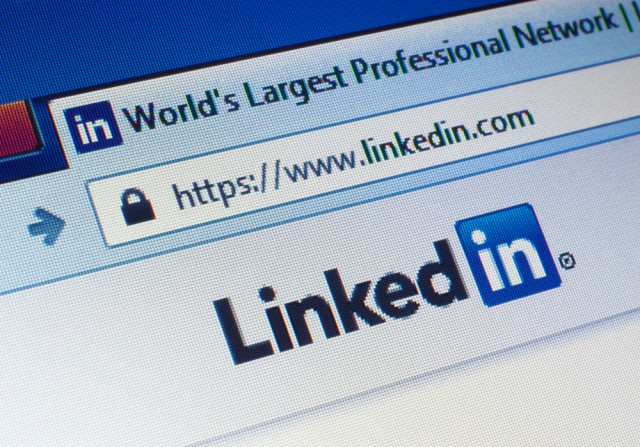Think twice before accepting LinkedIn invitations from strangers

Have you ever wondered if someone on LinkedIn is not really who they say they are? I’m not being paranoid here, this is a legitimate question.
If your answer is "No", you’re not alone. A vast majority of people never wonder if there are fake accounts requesting to connect on the professional social network, and almost a quarter accept requests from people they don’t really know.
This is a pretty big problem, according to Intel Security CTO, as accepting requests from people you don’t know opens you up to many risks, such as phishing or scams.
Raj Samani, CTO EMEA Intel Security, says: "When a person in a similar industry to us, or a recruiter, requests to connect on LinkedIn, it may look harmless, but hackers prey on this as a means to target senior level professionals and ultimately the corporate network".
It’s pretty simple, actually. Hackers and scammers create a fake LinkedIn profile, pretending to be a recruiter or a person in a similar industry to the victim’s. They then enter the victim’s network, getting tons of information about their company. Ultimately, through social validation, they can target the executive positions (social validation is when an executive gets a request from someone they don’t know, but accept because they have mutual friends).
"Businesses must educate all members of staff on how to avoid common scams, including making them aware of the risks of opening unknown attachments in messages or clicking on unknown links", said Samani.
"This sounds simple, but phishing scams are growing rapidly. Companies are falling tricks by cybercriminals who get in contact using details skimmed from the Internet to legitimize their own fake profile in order to better target businesses".
Published under license from ITProPortal.com, a Net Communities Ltd Publication. All rights reserved.
Photo Credit: Atelier_A/Shutterstock